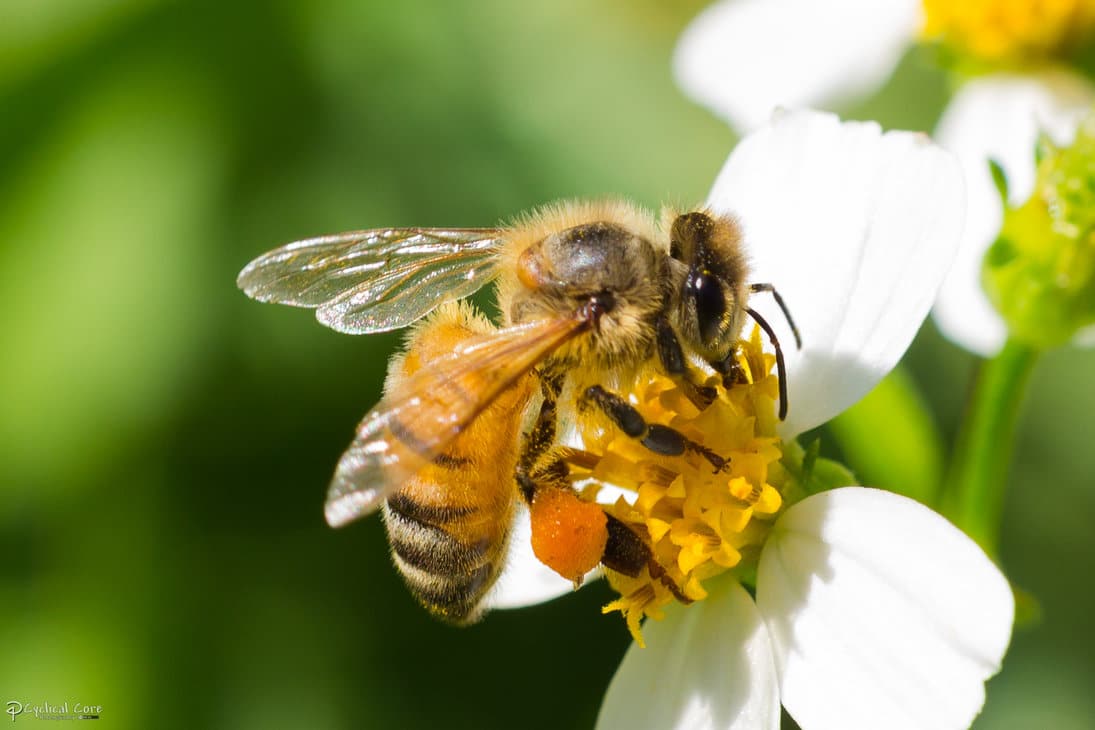An important new study into the effects of long-term use of neonicotinoid insecticides has provided some of the strongest data yet linking them with the collapse of wild bee populations.
While a series of studies have have identified a negative effect on honey bees and bumble bees from the use of neonics, few researchers have looked at the long term impacts of these substances
For over 18 years, researchers (commissioned Centre for Ecology and Hydrology) analysed bees who forage heavily on oilseed rape, a crop widely treated with “neonics”. The scientists attribute half of the total decline in wild bees to the use of these chemicals.
Commenting on the findings, Emma Hockridge, head of policy for farming & land use at the Soil Association, said: “The results of this extensive new research on the impacts of neonicotinoid pesticides on wild pollinators are horrifying. It adds to the strong and quickly growing body of overwhelming scientific evidence which points to the damaging impact of neonicotinoid pesticides on pollinating insects, including bumblebees and honey bees.
“There are a range of methods which farmers can use which do not require the use of neonicotinoid pesticides. Organic farmers use a system of production which has strong benefits for pollinator populations – for example a meta-analysis from Oxford University showed on average, non-organic farms have 48% more species of pollinators than non-organic farms.”





